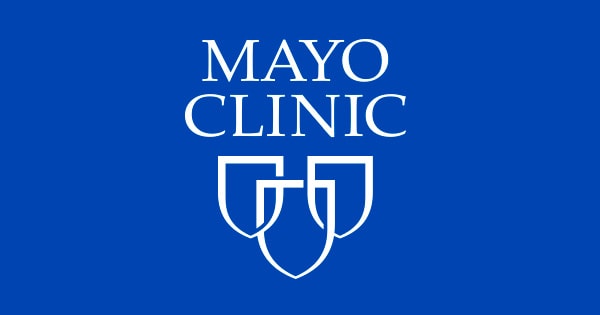About 3 yrs.ago, I began to notice "black specks"/floaters showing up and since I had the Ins. I got a complete evaluation of my vision at the Stein Inst.
The test results indicated I had cataracts bad; the specialists at the Stein Inst. said they were going to get a lot worse meaning a night restriction on my DL and then the loss of my DL altogether.
On top of my astigmatism, I had Glaucoma, which was causing the floaters which prompted me to get a complete evaluation in the first place. The good thing was they were alerted to the Glaucoma early before there was any damage to my optic nerve.
2 yrs. of taking eyedrops were not relieving the pressure from glaucoma, the cataracts were getting worse, and combined w/my astigmatism, I decided to have implants (both eyes).
My advice to anyone having this kind of surgery is to not do it until you complete understanding of the performance of the different kinds of lenses you'll have to decide from. What was unacceptable to me, being a photographer, was having the cataracts replaced, but still having blurred vision from my astigmatism. The prospect of risking surgery only to end up w/blurred vision from astigmatism was unacceptable to me. That was out, period.
BTW, if you're an engineer or photographer, tell them, it will make a difference. When I told my surgeon what I was, he immediately sat up in his chair, told me he was glad I told him, and mentioned how technical folks have a completely different set of expectations about what the surgery could/would do as opposed to what other folks expect of the surgery. They were VERY CAREFUL how they talked to me after I told them what I was.
TRANSLATION -------------Less bullshit (Oh you'll be just fine, trust me !!!), more straight talk about what lens does which.
Toric lenses had been around for ten yrs., would address my astigmatism, but there were no promises on how much they'd improve my vision close up, which was a laugh because I no longer had any. Trouble was/is they're considered upgrades, and when I asked "how much?", the surgeon laughed and asked me to sit down, and then he told me
WOW!!!! My left leg started twitching.
The surgery on the rt. eye went perfect. The surgery on the left resulted in the Toric lens being out of position and my surgeon couldn't explain it. I was seeing an aberration at night; when I looked at a streetlamp or the moon where I saw a shaft of light coming from the light source across my field of vision. All of the test gear at Stein takes pictures of everything so there was no dispute about the Toric lens being in the wrong position.
I told them I wanted the problem corrected, which meant a second surgery on my left eye. I got a call from the head surgeon trying to get me to just accept the results by saying they'd told me all along that the results after surgery may not be what I expected.
I'm no eye specialist but I knew enough to keep repeating to him that whatever results I expected were from the Toric lens being in the correct position after the surgery and it was 30 degrees off. I knew that from the before and after pics of my surgery and what my surgeon told me.
This gentleman kind of backed off of his position and authorized a second surgery on my left eye at Stein's expense, and they scheduled the surgery w/their 2 best people, because of the difficulty of getting the lens free of the connective tissue that grows around it to re-orient it.
I was LUCKY LUCKY LUCKY they were able to finesse the lens loose from the connective tissue that had grown around it to adjust the lens. After healing up, the shaft of light coming from light sources went away
Both eyes are 20/20, close up vision is to about 12 inches which was better than expected, but that was after 75K worth of surgeries (50K paid by my Ins. and 25K on the Stein Inst.) PLUS about 8 grand out of my own pocket for the Toric lenses, and that's after Stein gave me a discount. LOL
What was I going to do? "Nickel and Dime my own vision?"
I went into all this detail so folks who're considering going in the direction I went can get an idea of the risks involved. I would NOT get this done w/a rookie/new surgeon, because even though a second/corrective surgery is on the books, this is realisticly a "ONE SHOT" deal. After the surgery, connective tissue is going to grow around the implant and it's going to be tough for them to break it loose to move it, so from what I've learned about the surgery, you sure as hell want it done right the 1st time.



